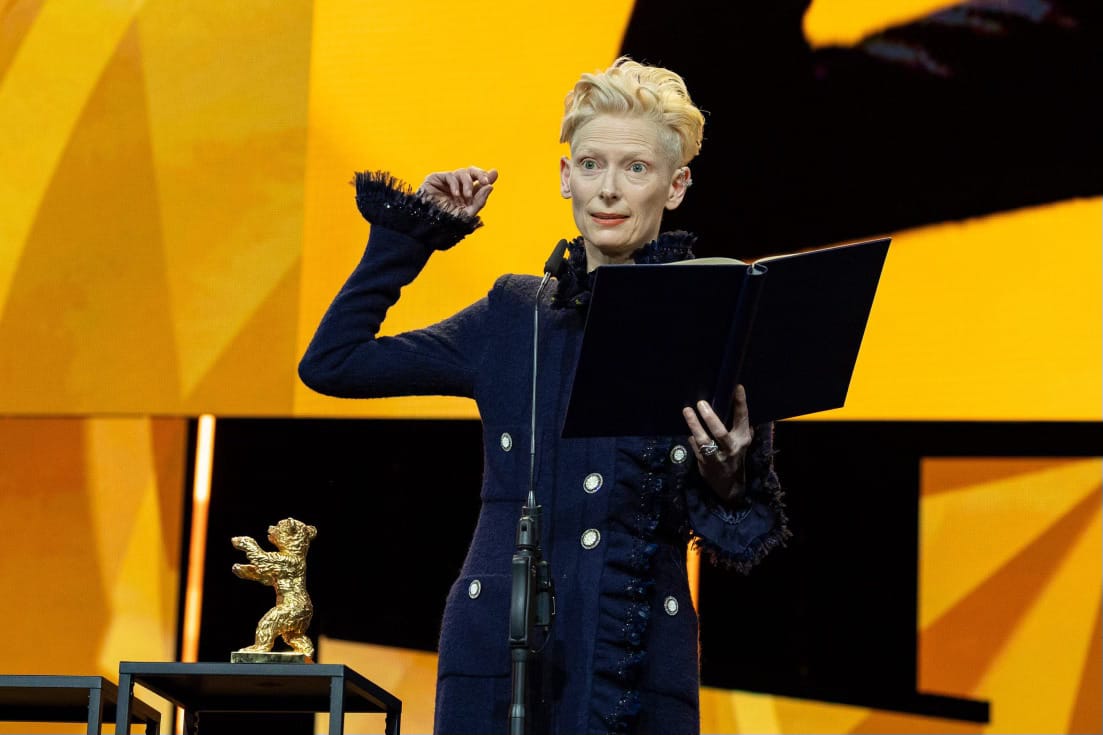Berlin & Rotterdam; India’s JioHotstar; Singapore Cinema Contraction



Imported films had a market share of around 20% at the China box office in 2025, with Zootopia 2 and Avatar: Fire And Ash the highest-grossing foreign films. Below is a list of imported films and co-productions (excluding Hong Kong-China co-productions) that have been dated for China release in 2026,

Box office across Asia was a mixed bag in 2025. Some territories had record-breaking years, some were middling, others looked like they were sliding towards terminal decline. Many factors influenced results – demographics, ticket price, property and therefore rental and other costs borne by cinemas, and of course the flow of

Vietnam's 2025 box office and projects set for release in 2026, along with updates on production companies, film festivals and streaming.

Hong Kong International Film Festival Society has selected 17 In-Development projects for this year’s HAF.